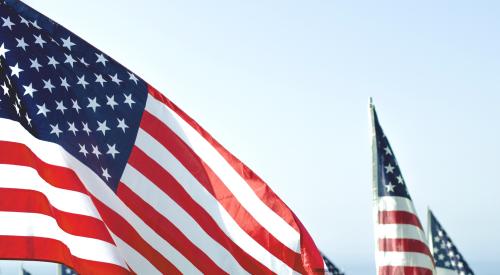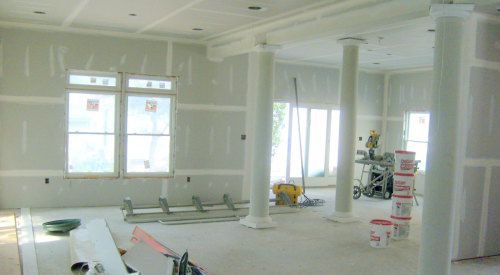Builders and other small-business owners who want to make health care insurance more affordable for their employees could face excessive penalties from the Internal Revenue Service (IRS) as high as $36,500 per year, per employee.
The penalties come from a provision in the Affordable Care Act regarding the use of Health Reimbursement Arrangements (HRAs) that allow employers to provide pre-tax dollars to employees to help them pay for medical care. Prior to enactment of the Affordable Care Act, HRAs were an important tool for small businesses with fewer than 50 workers seeking to help their employees pay for their family’s health care.
Employers with fewer than 50 full-time workers are not required to offer health care to their employees. But instead of encouraging small businesses to help defray the cost of health care, the law unfairly penalizes companies that offer HRAs, which is one of the most efficient methods for small-business owners to give employees more choice and greater control over their health care coverage.
This provision went into effect on July 1, and all employers, regardless of size, face fines of $100 per day, per employee from the IRS if they try to make health insurance more affordable for their workers through HRAs. These penalties are more than 18 times greater than the $2,000 employer mandate penalty per full-time employee that’s being phased in for businesses with more than 50 workers that fail to provide qualifying health coverage to their employees.
The good news: Legislation that would remedy the situation is pending in both chambers of Congress. The Small Business Healthcare Relief Act was introduced in the House by Reps. Charles Boustany, R-La., and Mike Thompson, D-Calif., and in the Senate by Sens. Charles Grassley, R-Iowa, and Heidi Heitkamp, D-N.D. This bipartisan legislation would enable small businesses with fewer than 50 employees to continue using HRAs to help employees cover the cost of health insurance. It would also protect employers from being financially penalized for providing this cost-sharing option to their employees.
Congress needs to act quickly on this legislation so that small businesses can continue to provide health care assistance to their employees—voluntarily—without fear of needless penalties. And until this legislation becomes law, the government should not penalize employers that use HRAs to help their employees. PB
ABOUT NAHB: The National Association of Home Builders is a Washington, D.C.-based trade association representing more than 140,000 members involved in remodeling, home building, multifamily construction, property management, subcontracting, design, housing finance, building product manufacturing, and other aspects of residential and light commercial construction. For more, visit nahb.org.











